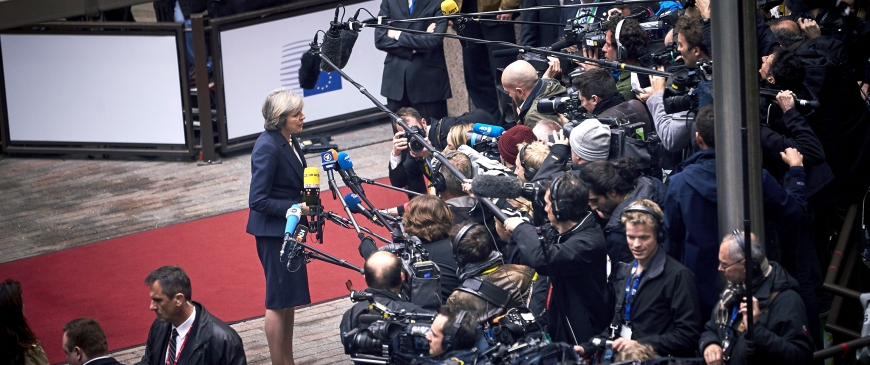
The May Doctrine
Charles Grant, the director of the Centre for European Reform, believes that rather than choosing a “hard” – the Prime Minister prefers “clean” – Brexit, May should have tilted more towards those who voted Remain. She should have pursued what he calls “an economically optimal deal, something like Norway but a bit different, where we would more or less have been in the single market with a little bit of restriction on free movement”.
Grant told me that the Prime Minister might have failed, but at least she would have tried. “She didn’t want to invest any political capital in an economically optimal outcome because she might have failed and it would have been embarrassing. So she has gone for a hard Brexit, which she knows is not really good for our economy but the politics come first. But Britain is in a very weak position. As soon as you activate Article 50, the clock is ticking. Therefore diplomacy matters. To get a half-decent deal, you need the goodwill of your partners.”
It is said in Brussels that Theresa May is not a natural diplomat. In meetings and phone conversations with European partners, she is reported to stick rigidly to her speaking notes. “She may not realise how weak her hand is,” Grant said.
